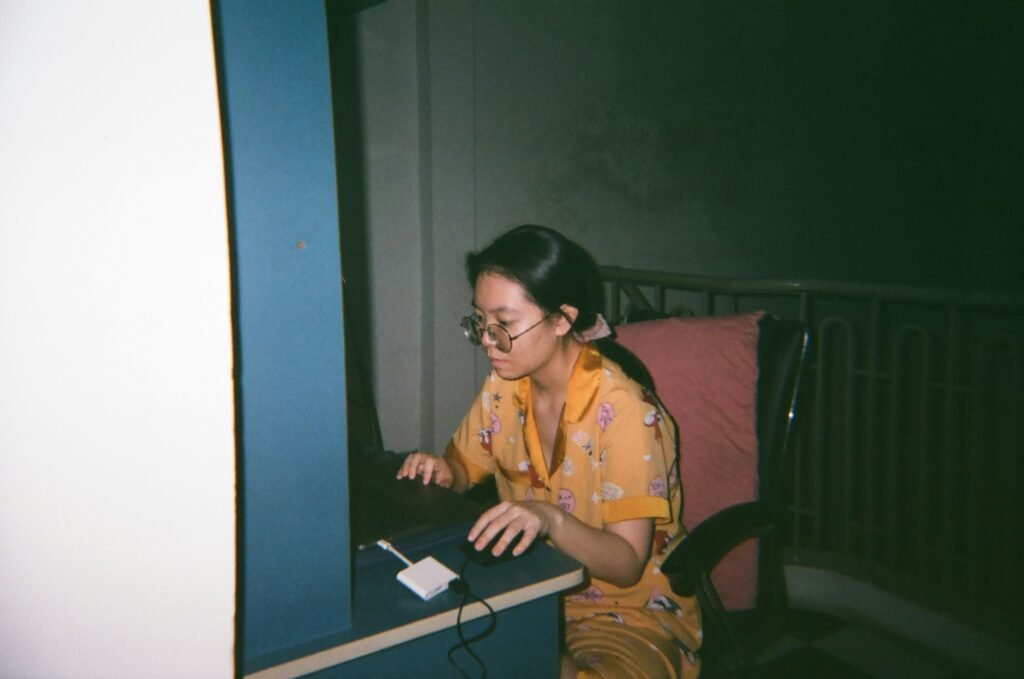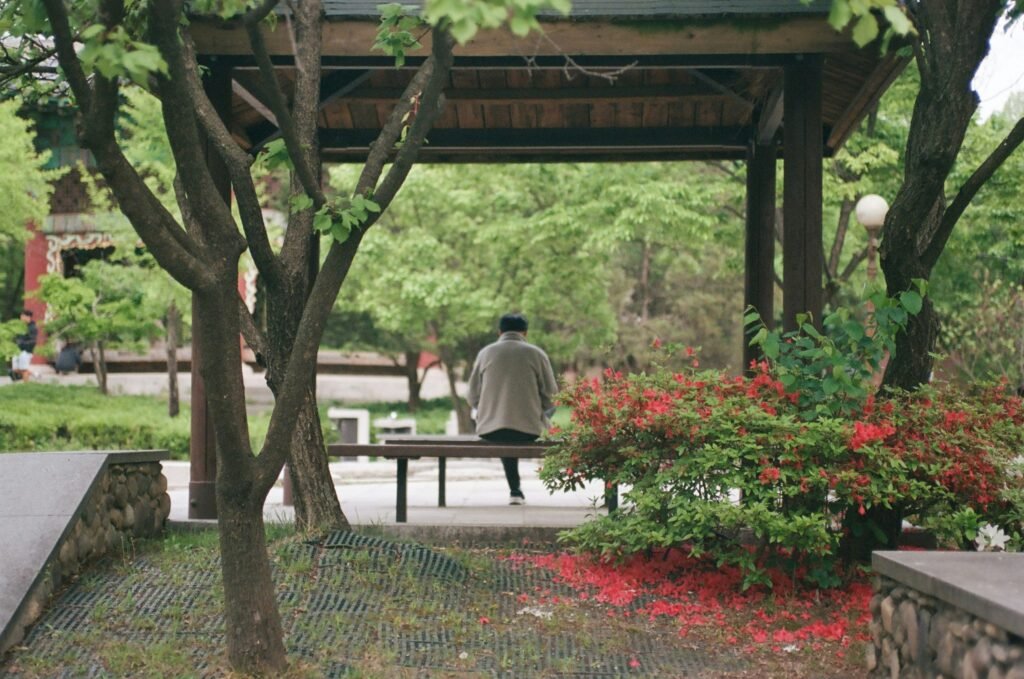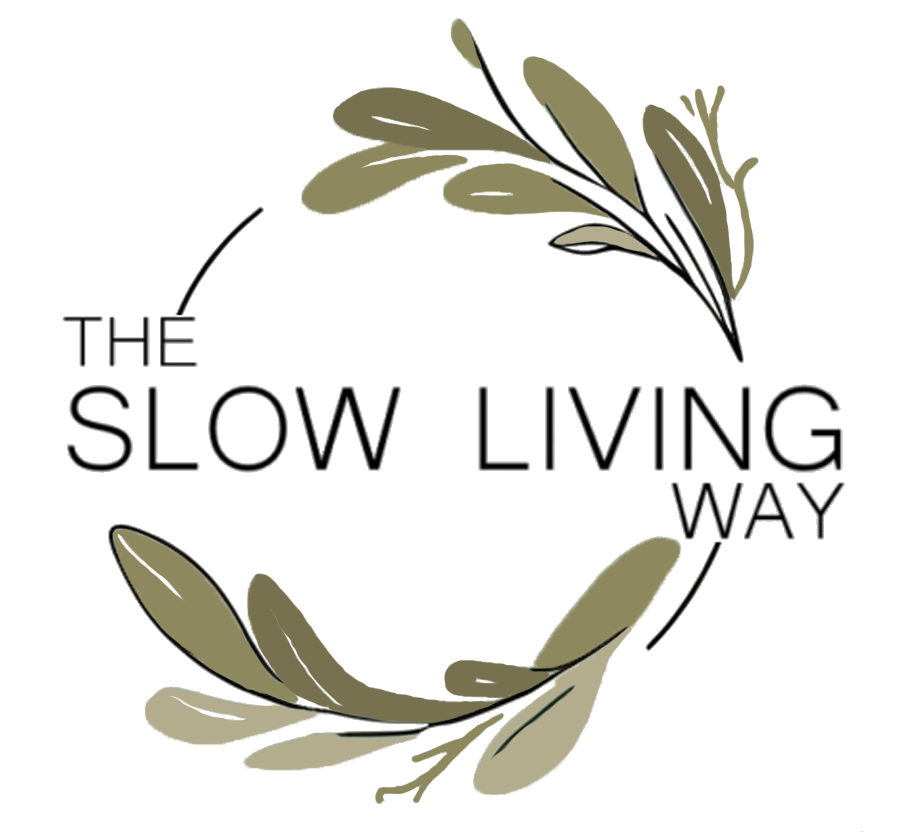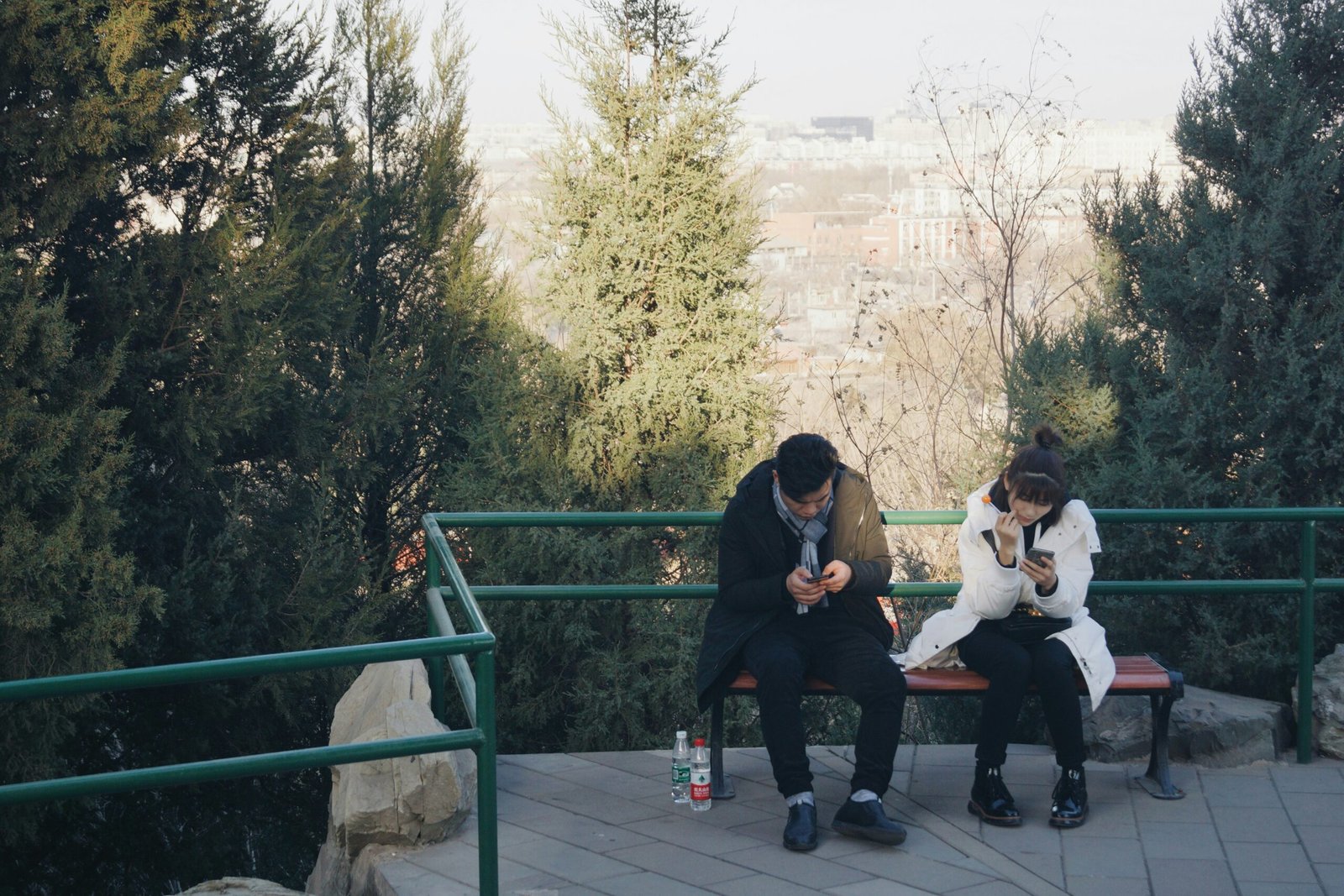Illusion of existing Online: Why We Keep Escaping Real Life
We scroll and swipe. We watch just one more video. And somehow—oh no, I wasted hours…again. It’s the illusion of existing online, watching other people’s lives, that tricks us into believing that we are the ones who are living—while real life quietly slips away. Although this realization is not new, it is still extremely relevant. Why can’t we win this fight?
Modern life has created a strange paradox: while the demands of reality grow heavier, we spend more and more time online. But it’s not because the screen forces us to abandon real life. It’s because real life has become too much to bear—and looking at the screen is so easy, it feels like it was made especially to make me happy!
The expectations that society places on us today—constant productivity, perfect health, financial stability, a thriving social life, endless creativity—are crushing. We are not wired to meet all these expectations at once, and yet we try. So we internalize the pressure. We compare ourselves to impossible standards. And when we inevitably fall short, we retreat to the digital world, not to escape entirely, but to momentarily silence the weight of not being “enough.”
The Trap Behind the Illusion of existing Online
But here’s the catch: once online, we’re bombarded with the very same ideals we were trying to escape. The Instagram reels of spotless homes, productivity hacks, wellness routines, the startup founders’ morning rituals. It’s a carousel of curated lives that reflect what we’re told we should be, even though we know we’re not.
And so begins the cycle. We open our phones to avoid reality and get flooded with images of how perfect life could be. We feel worse. So we close the app—only to open it again minutes later, looking for comfort from the very thing that deepens the wound. Then, why can’t we win this fight?
This isn’t a design flaw. It’s the point. As The Guardian exposed in the article “‘Our minds can be hijacked’: the tech insiders who fear a smartphone dystopia”, many of the same developers who helped build the digital platforms we use today now warn of their addictive nature. One former Google employee even referred to smartphones as “slot machines in our pockets.” The tools we use every day are designed to capture our attention—and hold it hostage. And this article is from 7 years ago!
Since then, the rise of AI has only made these tools more persuasive and more precise. Recommendation engines powered by machine learning now understand not just what we like, but when and how we’re most likely to engage. The manipulation has become smarter, subtler, and even harder to resist.
And while we’re stuck in this loop, life continues. Time passes. But we don’t feel it. The screen gives us the illusion of existing online. We think, I’ll just scroll for five more minutes. But the minutes pile up, and the tasks, the dreams, the relationships—real life—gets pushed aside.

Choosing What’s Real—Even When No One Else Does
Slow living invites us to try to break the cycle.
It asks us to stop and notice. To ask why we feel the urge to escape. To challenge the expectations we’ve absorbed and question whether they are truly ours. It reminds us that our time is not infinite, and that spending it intentionally—imperfectly, but meaningfully—is the greatest rebellion we have in a world designed to distract us.
So no, it’s not that the internet steals our time. We give it willingly, because facing real life feels like stepping into a storm and because the internet today is a perfectly oiled machine to keep us hooked. But the more we resist, the more we numb ourselves, the more life slips away.
And here lies another truth: resisting can be lonely. When everyone around us is plugged in, hustling, optimizing, scrolling—it can feel alienating to slow down. We might experience FOMO and might be misunderstood, even dismissed. There’s a deep discomfort in choosing to live differently when the world seems to be moving in the opposite direction.
But that discomfort is a sign that you’re doing something real.



No responses yet